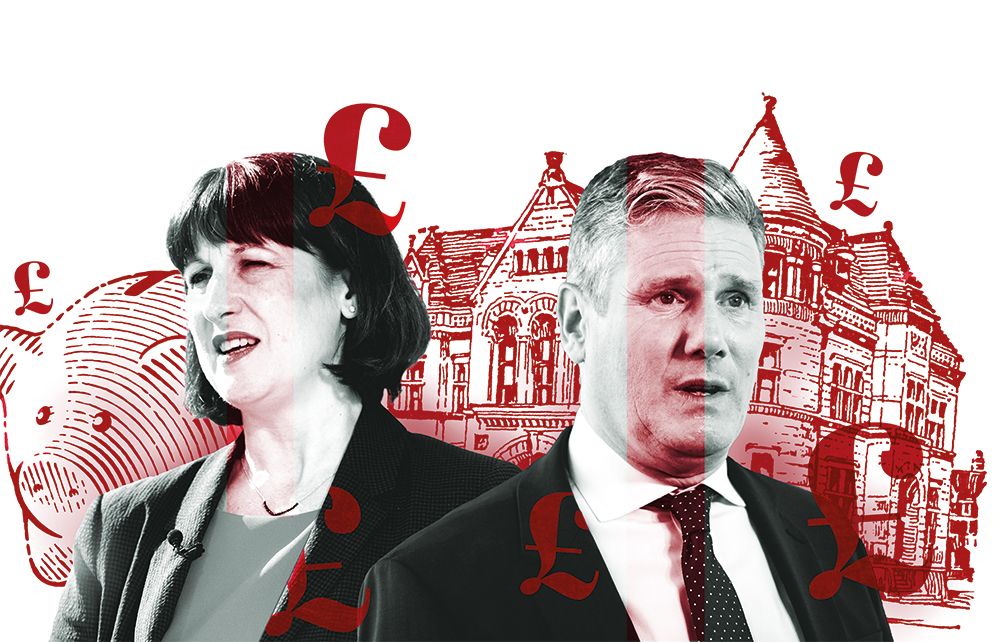Of course Labour’s policy of charging VAT on private school fees is all about throwing a bit of red meat to those in the party who are motivated by class envy. Why otherwise expend so much political effort on a policy which in the opinion of the Institute of Fiscal Studies will only raise £1.6 billion a year? And that, of course, is mere guesswork. No-one really knows how the parents of private school pupils will really behave when whacked with a 20 per cent uplift in fees.
Even if parents don’t withdraw pupils immediately, many might be tempted to do so at the end of prep school – and it will certainly impact on the decisions of parents whose children haven’t yet reached school age. Every UK pupil withdrawn from the private sector will cost the taxpayer far more than they would have raised in VAT had they stayed. The average fee for a private school pupil this year is £15,200, the VAT on which comes to £3,040. The average spent on educating pupils in the state sector is £8,000.
Doctors, lawyers, small business-owners have steadily found themselves struggling, and looking to the state sector instead
But I wish I could sympathise with private schools a bit more than I do. Labour’s policy would strike me as a bit more of an outrage had private schools not spent the past 30 years steadily pricing the middle classes out of private education. The expected 20 per cent uplift in fees (assuming that schools pass on the full burden of VAT) will merely echo the real-terms rise in fees which the private sector has already inflicted on parents since 2010. Since 2003 the real-terms rise has been 55 per cent. Doctors, lawyers, small business-owners – groups who in the past had little problem in affording private education – have steadily found themselves struggling, and looking to the state sector instead.
The Conservatives bark at universities for favouring wealthy overseas students over UK ones, but the independent schools sector has been doing the same for years. Of the 556,551 pupils enrolled at private schools last year 62,708 were from overseas. Of these, 26,195 had parents living abroad.
Not all private schools pitch themselves in the international market, but those which have come to rely on oligarchs’ children to allow them to jack up fees can hardly complain when Labour sees them as fair game for VAT. Independent schools will point towards the growing numbers of bursaries and other forms of assistance to argue that they are deserving of their charitable and VAT-exempt status, but how much stronger would be their case if they focused on affordable, academic education rather than joining an arms race in ever-smarter facilities.
What the independent sector has been crying out for for years is a Ryanair or a Lidl: a chain of schools unashamedly providing education at an affordable price. The absence of grammar schools in most parts of the country has created a huge hole in the market for rigorous academic education. Why should it have to cost more than the £8,000 a year the government spends educating state pupils? Normally, the private sector succeeds in undercutting the costs of the state sector, but private schools are an exception: they have become a sector only interested in providing an upmarket product. By doing so they have lost the support of people who would now be supporting them, especially those in the middle: too poor to afford the fees but too well-off to qualify for full bursaries.








Comments